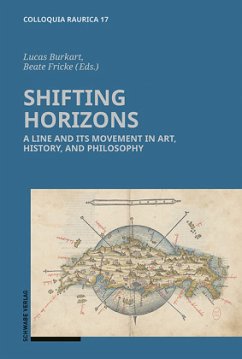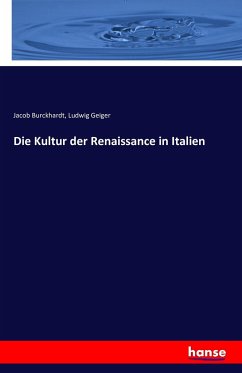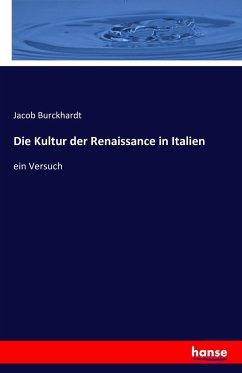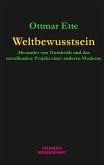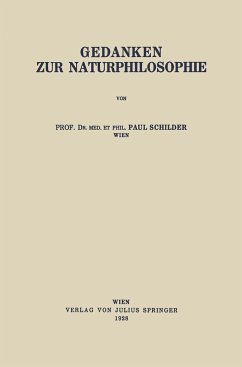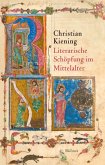What happens when horizons shift? More specifically, what occurs when that line, which in everyday experience appears so consistent and omnipresent, reveals itself to be contingent? And if the horizon line is mutable, what does that imply about the systems of knowledge, order, and faith that the seemingly immutable horizon appears to neatly delimit and order?
These are the questions that the volume of essays addresses, offering perspectives from multiple historical periods and disciplines that tackle instances in literature, history, and art in which shifts in conceptualizing the horizon made themselves manifest.
With contributions by Hans Aurenhammer, Shiben Banerji, Ingrid Baumgärtner, Seth Estrin, Peter Geimer, Eva Geulen, Madeleine Herren, Andreas Lammer, Niklaus Largier, Kailani Polzak, James I. Porter, Lorena Rizzo, Avinoam Shalem and Philip Ursprung.
These are the questions that the volume of essays addresses, offering perspectives from multiple historical periods and disciplines that tackle instances in literature, history, and art in which shifts in conceptualizing the horizon made themselves manifest.
With contributions by Hans Aurenhammer, Shiben Banerji, Ingrid Baumgärtner, Seth Estrin, Peter Geimer, Eva Geulen, Madeleine Herren, Andreas Lammer, Niklaus Largier, Kailani Polzak, James I. Porter, Lorena Rizzo, Avinoam Shalem and Philip Ursprung.

